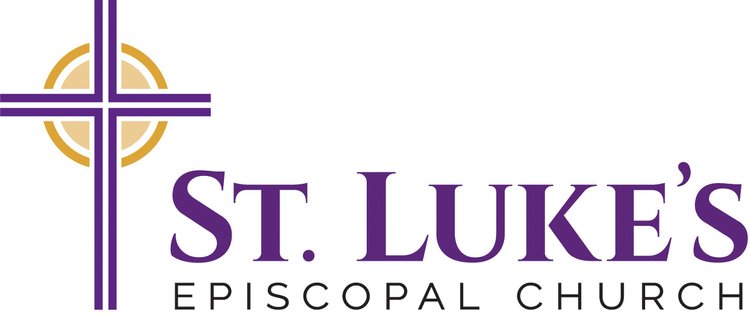Jump Out
The liturgical seasons often feel informed by the seasons around us. This makes sense, considering these seasons and holidays developed organically, and communities would observe them whenever was most meaningful to them. The most obvious seems to be Easter. It makes sense to celebrate life coming out of death in Spring, because the natural world is literally coming back to life all around us. Christmas makes sense, but in a dissonate sort of way. People were already wanting to rage against the dark and the cold before Jesus’s time. In areas that are particularly cold and dark in winter, there seems to be a common wisdom to be stubbornly joyful when it is the coldest and the darkest as a sort of communal reminder that things can get better. When Christian communities wanted to remember and celebrate the birth of Christ, it made sense to take from the winter traditions that were already around, and use that storytelling to help teach the community about the hope that comes with Christ being born.
